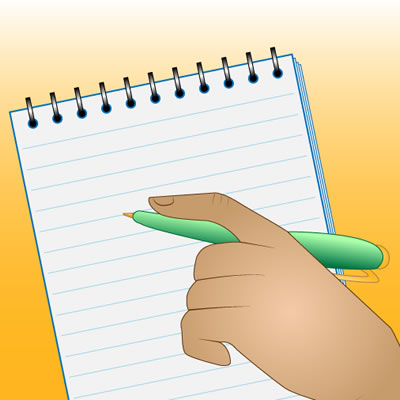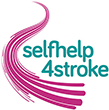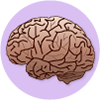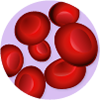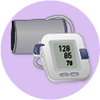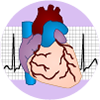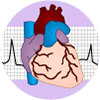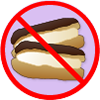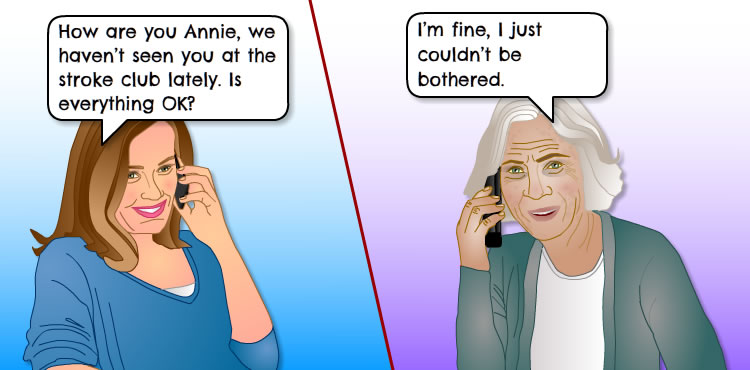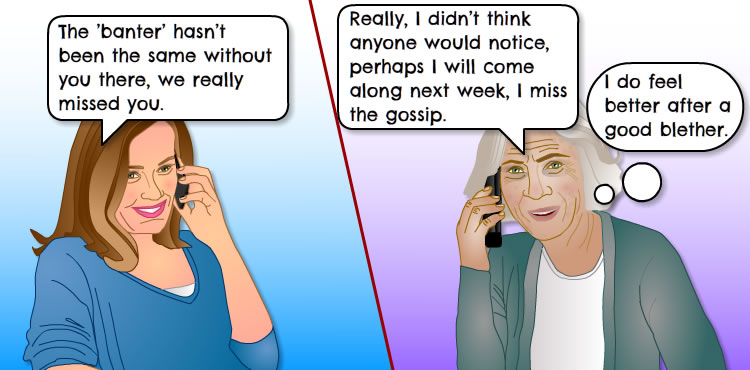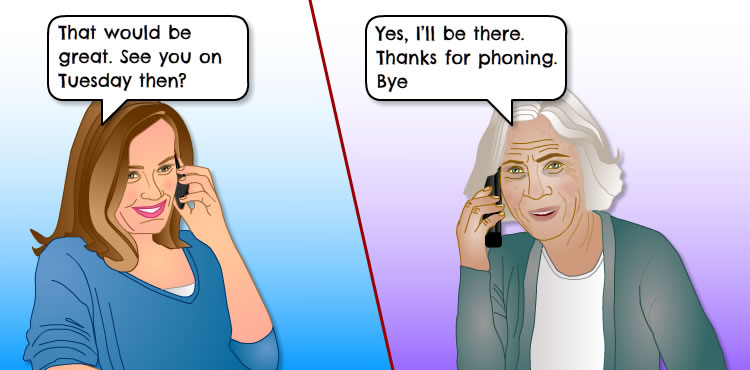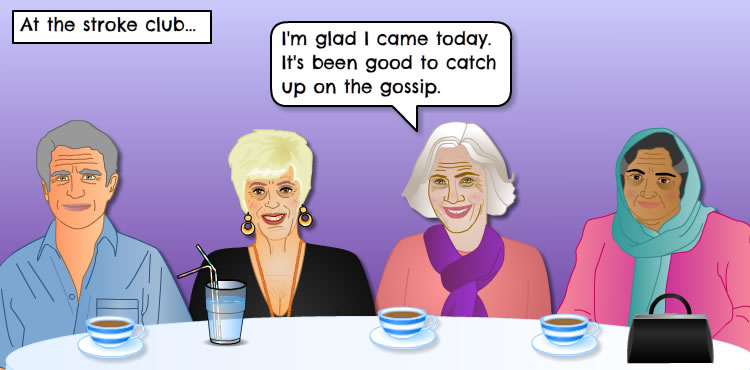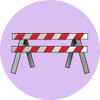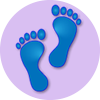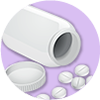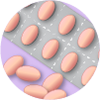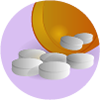“It took me a bit of time to get my confidence back. I worried that i might trip or fall and my wife coming out with me really helped me, but I was also worried about what people thought of me, how I looked. That really affected my confidence. Once I got over that I started to go out more, taking little steps, building up my stamina and pacing myself.
Getting the bus was new to me as I had always driven before. That was a challenge! Balancing, stepping up, getting my bus pass out of my pocket and holding my shopping bags. Not to mention getting to the seat before the bus took off. Although I now ask the driver to give me time and I can challenge people who are sitting on the disabled seats where they shouldn’t be.
I feel like I am mobile again and fitter to take on new challenges. I have started volunteering for Chest Heart & Stroke Scotland a few days a week. I’ve even took driving lessons and now I’m back behind the wheel again. Being fitter has helped me take on this challenge.”
